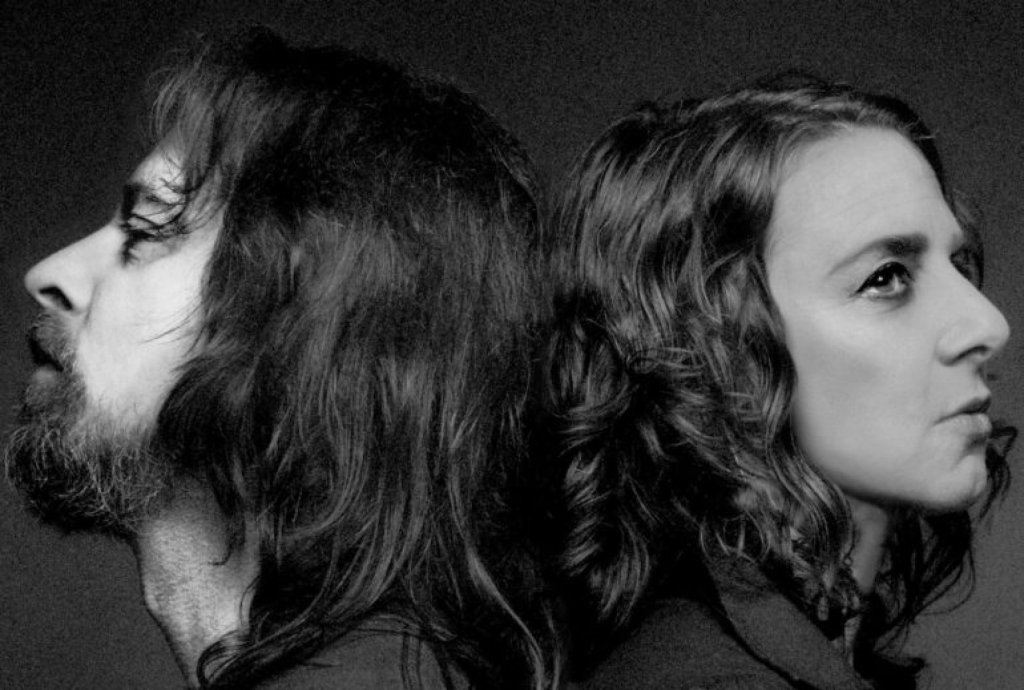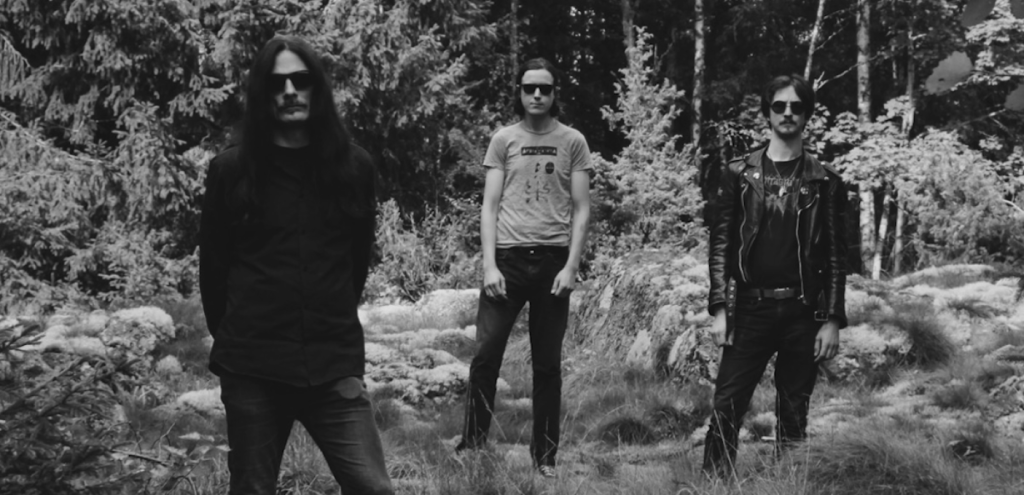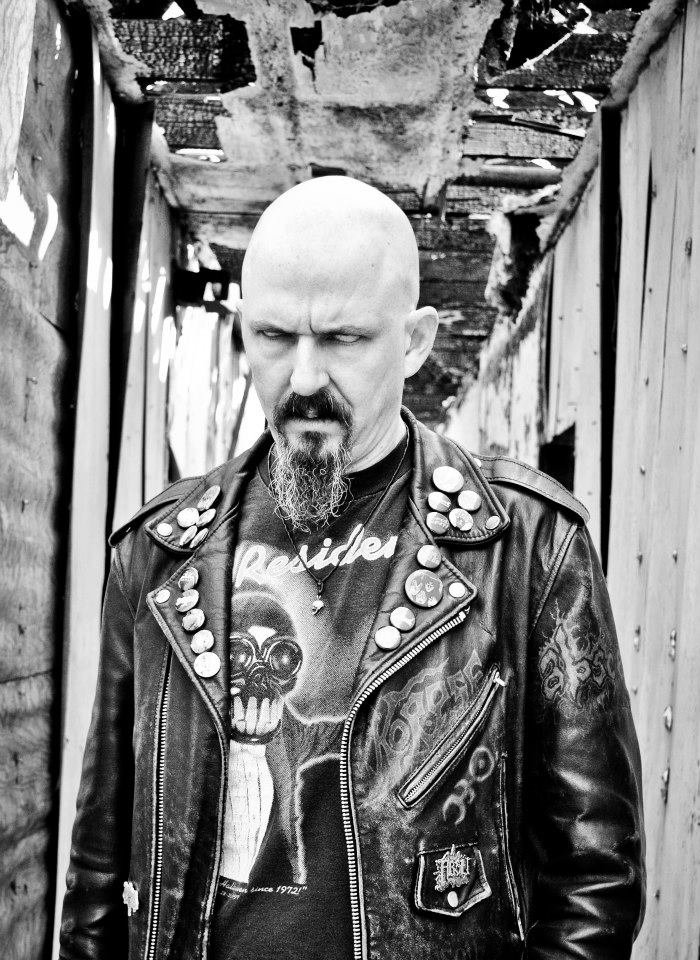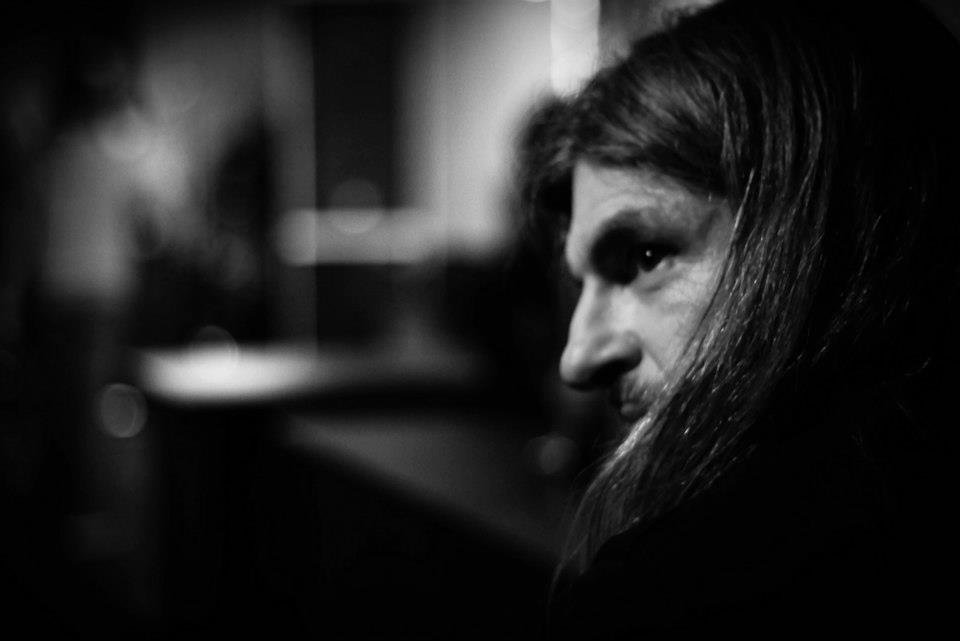Through the years and with the help of different musicians, Insect Ark, the solo project of Dana Schechter (Swans), got different nuances, always dark, dreamy, and largely instrumental, spacey and sludgey on Portal/Well, chthonian on The Vanishing. On its fourth album, Raw Blood Singing, the music is both beguiling and crushing; it unearths old places and explores new ground, adding the inimitable drumming of Tim Wyskida (Khanate, Blind Idiot God) and vocals to Dana’s bass and lap steel. A couple of hours after their performance at this year’s Roadburn, I had a chat with the band, including their live guitar and lap steel player, Lynn Wright, to hear their take on this last album.
Raw Blood Singing turned out to be the ideal pretext to dive into the core of the project, talk about its history, and reflect on its essence, but also to listen to three seasoned musicians speak about the twists and turns of creativity, from its material conditions of existence to its most intangible aspirations…
This interview took place in April 2025 and was first published on Radio Metal.









